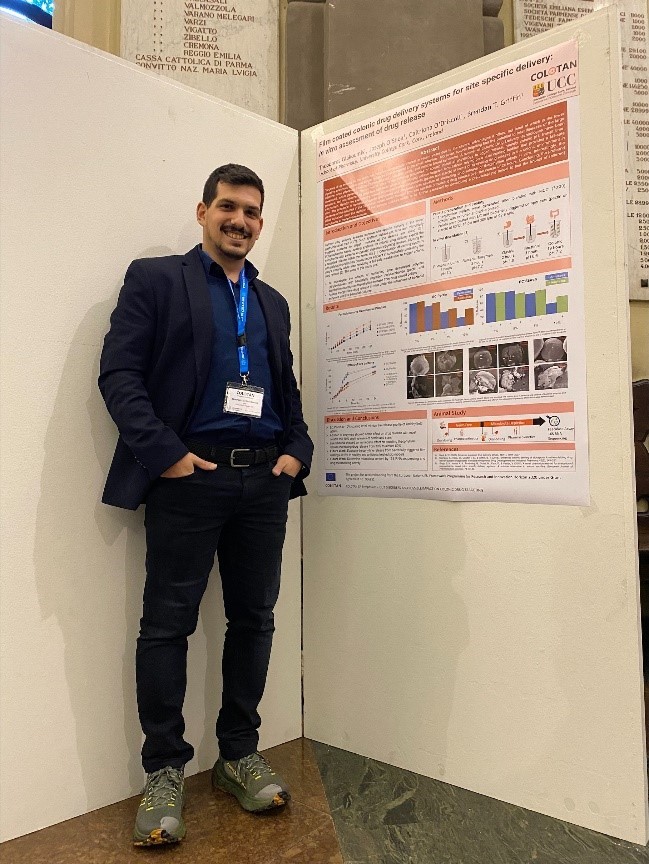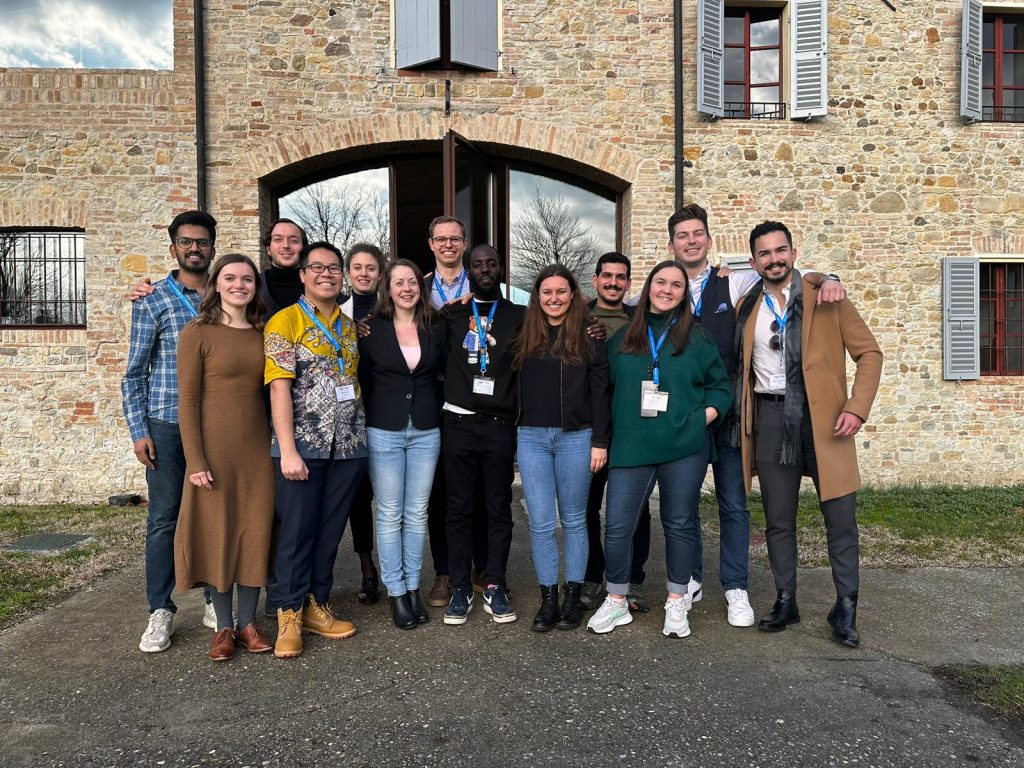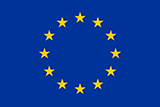It has been quite some time since I last wrote a blog, which is a simple way to reflect on the amount of work I have had for the last year or so. 2023 started in the same way 2022 ended: tons of work, long hours in the lab running experiments, and lots of planning ahead. One thing I learned during my PhD journey is that you should always plan ahead, establishing short- and long-term goals and thinking about the means to achieve them. During those very long hours in the lab, I would be surrounded by the sounds of the dissolution vessels spinning and the mechanical tunes of the HPLC, all combined with the constant, non-stop Greek music playlist that kept me going even during the darkest of times (and I mean a of lot of darkness outside from 5 o’clock in the evening onwards). Somehow, all this did not discourage me – I knew it was all part of the plan and the feeling I had, generating results important for my project, motivated me further, making me want to push myself even more.

Theo presenting his poster in Parma.
Come January, I felt the pressure rising. On one hand, we had to prepare for our annual meeting in Parma, Italy, where I would give a presentation on my work and also present a poster. On the other hand, we had to prepare for my first pig study. The Parma meeting exceeded my expectations. We had a great time presenting our work while enjoying all the talks that were given by fellow researchers and distinguished guests during the day of the symposium. I was honoured to present my work in front of so many researchers from academia and industry and I am looking forward to doing it again soon.
Returning from Parma, we were getting ready to go into the pig study. I still remember someone telling me how big of a learning curve this pig study would be for me. One thing I found out was that there is a lot of paperwork to be completed before, during, and after the study. Spending hours looking after the pigs, including cleaning up their ‘’dirty work” inside the pens, is not something I would have ever pictured myself doing. Sometimes I would wonder if this was what science was really about – as the whole maintenance procedure did not look very scientific to me – but being the leader of my project gave me an extra feeling of responsibility.
Another thing I learned during the study is that pigs are very intelligent creatures. They could sense when I was about to give them food and clean up after them. Similarly, they could feel when I was about to carry out a procedure on them such as blood sampling or mild anaesthesia, so they would make it very difficult for me. Additionally, I will never forget the incident during cleaning up of one of the pens. A pig ran out of his pen and tried to lock me inside. They say to never wrestle with a pig because you will get dirty and the pig likes it – how true this phrase is! Every time the pigs would approach me, it would be to either chew on my dirty suit or my boots. Overall, the study ran well. There were a few difficulties at the beginning, mostly from an organisational perspective, but at the end, I believe I discovered potential inside me that I had not been aware of. Now I feel much more confident in my abilities, and I feel the next pig study will run much more smoothly.
Although I was under the impression that the pig study itself would be the most challenging part, I was not ready for the real challenge to follow – the analysis of all the samples that we had collected. We had to develop various methods, running experiments in parallel, all under the shadow of not knowing what results to expect. It took me a few months to fully complete the analysis of plasma and faecal samples and train on some new techniques. However, the results were so satisfactory that if you were to ask me if I would go back in time and repeat everything, I would certainly do so. Looking ahead, I can see more challenges awaiting me. However, I believe I have shifted from feeling stressed and having a mental block sometimes to actually progressing and facing the challenges presented to me. I feel the transition from being a researcher to a being leader taking place, all with the continued support and help from my supervisors, the research staff at UCC, and the whole COLOTAN consortium.

The COLOTAN ESRs in Parma.
Recently, it was decided that I will travel to my birthplace, Athens, to carry out experiments at NKUA. Having been abroad for all of my academic studies and working life, working in a Greek environment will certainly be a first for me. A new challenge awaits, and I am up for it. Let’s see if I will feel at home working at NKUA!
Theodoros Giakoumis
Featured image (Pig Scientist) generated with Imagine AI (www.imagine.art)


